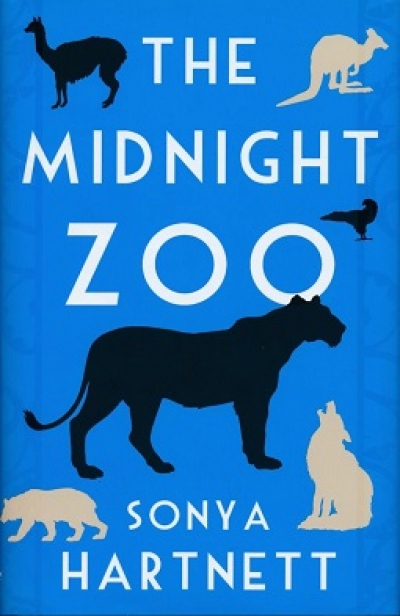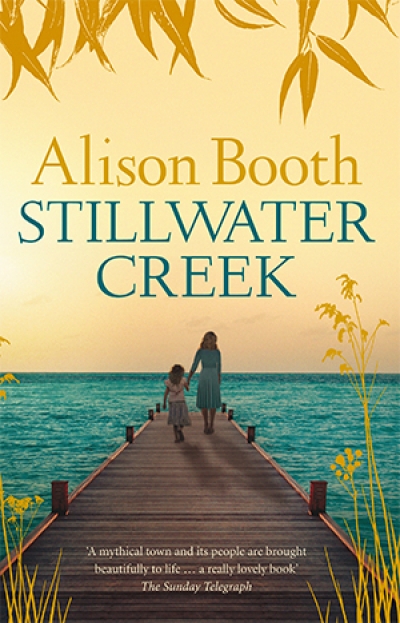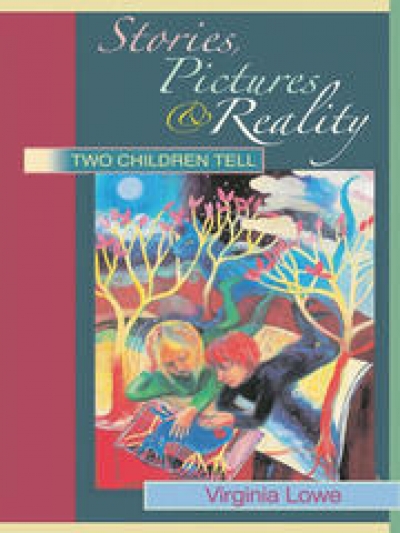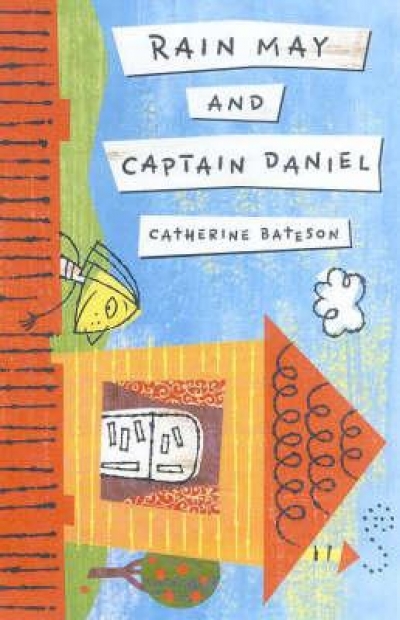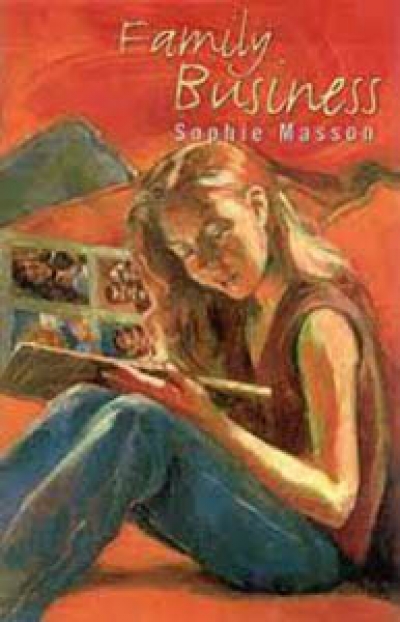Ruth Starke
The Midnight Zoo by Sonya Hartnett & The Red Wind by Isobelle Carmody
by Ruth Starke •
Lifelong love of books
Dear Editor,
Ruth Starke’s review of my book Stories, Picture and Reality: Two Children Tell (October 2007) is a competent, even enthusiastic, summary of the book’s main points, with emphasis on its uniqueness (starting with infants and books, and including siblings). She notes that no other male child has been studied in this way.
... (read more)Stories, Pictures and Reality: Two children tell by Virginia Lowe
by Ruth Starke •
Rain May and Captain Daniel by Catherine Bateson & Too Flash by Melissa Lucashenko
by Ruth Starke •
Family Business by Sophie Masson & The Rented House by Phil Cummings
by Ruth Starke •

